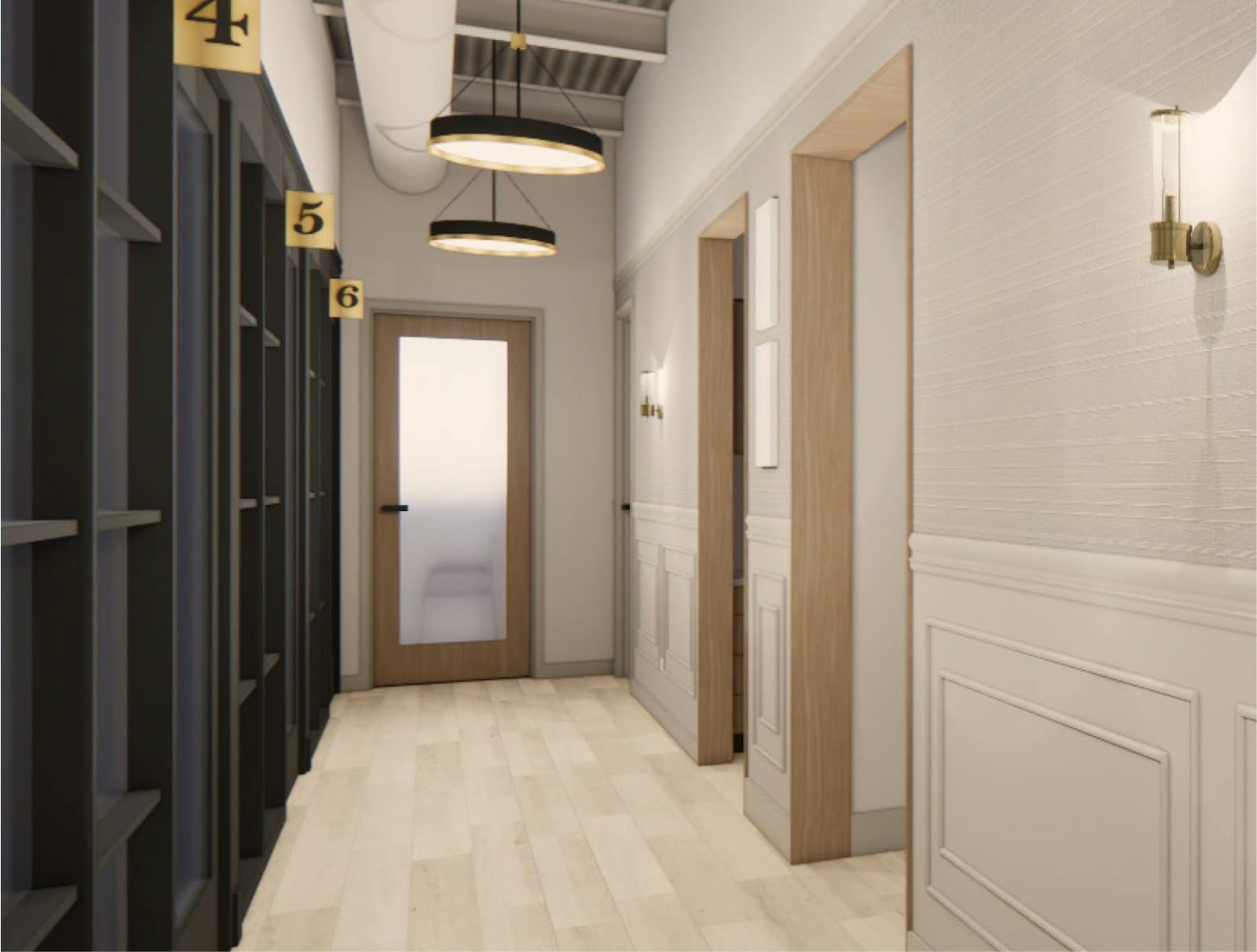At The Atlas Institute Peripheral Nerve Care in Denver, we treat a range of lower leg and ankle nerve conditions with advanced treatment protocols, both surgical and non-surgical.
Lower Leg and Ankle Nerve Symptoms
If any area of the nervous system serving the lower legs and ankles was injured, or the nerves compressed at the knee or ankle, the symptoms can include:
- Numbness
- Tenderness
- Tingling sensation
- Weakness in the ankle or leg
- Foot drop (cannot be held up)
- Walking difficulties
- Loss of sensation
- Loss of leg or ankle control
- Loss of muscle mass









